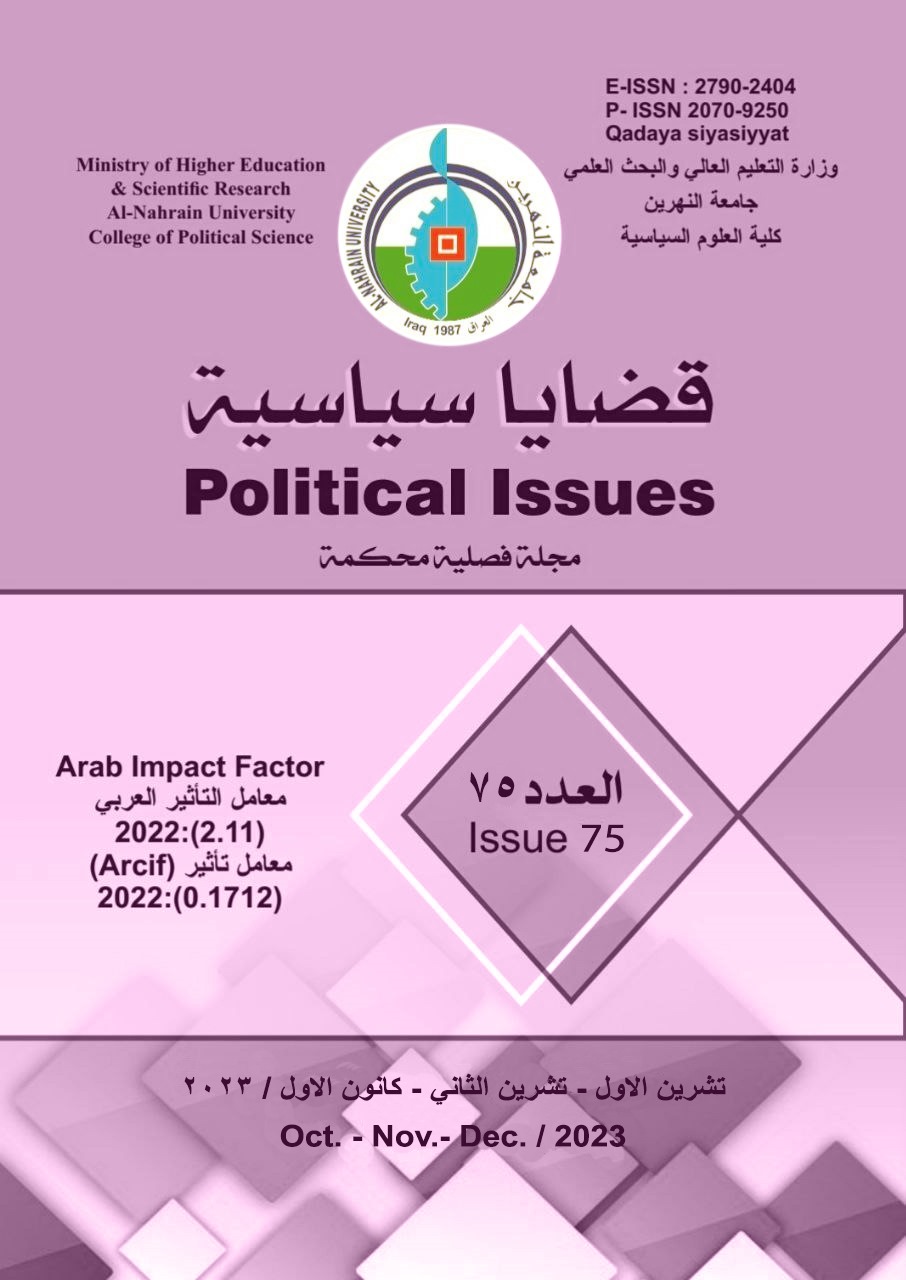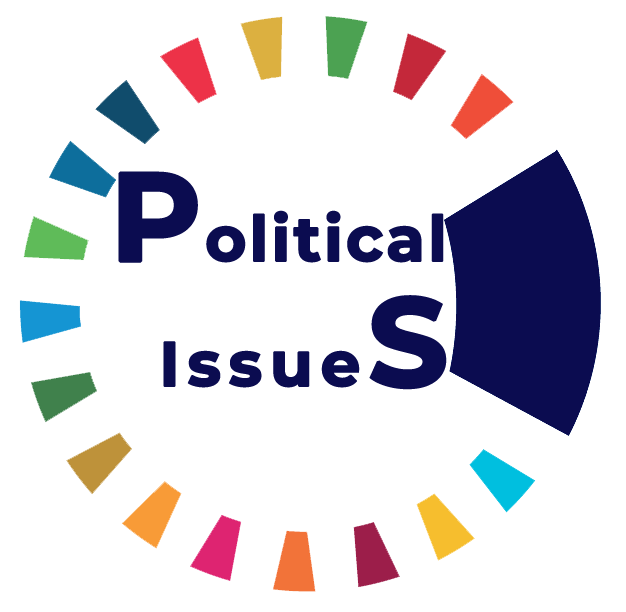Turkey’s Foreign Policy Towards Libya after 2011
DOI:
https://doi.org/10.58298/752023538Keywords:
Turkish policies, Libyan issue, oil and gas, military interventionAbstract
Regional changes have greatly influenced Turkish foreign policy, and as a promising regional and international player on the international scene, Turkish foreign policies moved towards creating areas of influence, whether at the regional or international level. The Arab countries were the focus of attention of Turkish policy makers, especially the countries that witnessed what is known as the Arab Spring. The most important of them is the state of Libya, as Turkish policies towards Libya were based on the fact that the latter is located in an important geographical location and also possesses natural resources, the most important of which is oil. Libya is also considered, in Turkish economic policies, a good market for the sale of all Turkish products, especially products of a military nature, and an important source of oil and gas. Libya is the starting point for Turkish influence in the Arab regions, seeking to achieve economic goals such as obtaining oil and natural gas. Turkey took advantage of the division that Libya witnessed to achieve its policies that it had drawn up since the events of the Arab Spring and to expand its influence significantly, as Turkish intervention in Libya came in three stages, the first with the beginning of the Libyan revolution. And the overthrow of the (Gaddafi) government through its support for Libyan groups. This phase extended from 2011 to 2012. The second phase began in the wake of the failed Libyan elections between 2012 and 2016. The third phase was characterized by a significant increase in Turkish intervention in the Libyan crisis as this extended. The stage from 2016 until the preparation of this research in the last quarter of 2023, and thus the Turkish intervention in Libya came through the use of two tools. The first tool is military force by sending Turkish soldiers and its support for some armed groups in order to fight in Libya, while the second tool is represented by work. The diplomat concluded the agreement between Turkey and the Government of National Accord as internationally recognized to justify the legitimacy of Turkey’s intervention in Libya and the legitimacy of the agreements between them that stipulated the establishment of a Turkish military base and allowing Turkey to explore for oil and natural gas in the Mediterranean Sea.
Additional Files
Published
Issue
Section
License

This work is licensed under a Creative Commons Attribution 4.0 International License.
This is an Open Access article distributed under the terms of the creative commons attribution (CC BY) 4.0 international license which permits unrestricted use, distribution, and reproduction in any medium or format, and to alter, transform, or build upon the material, including for commercial use, providing the original author is credited.






